Einstein: Discovering the Impossible
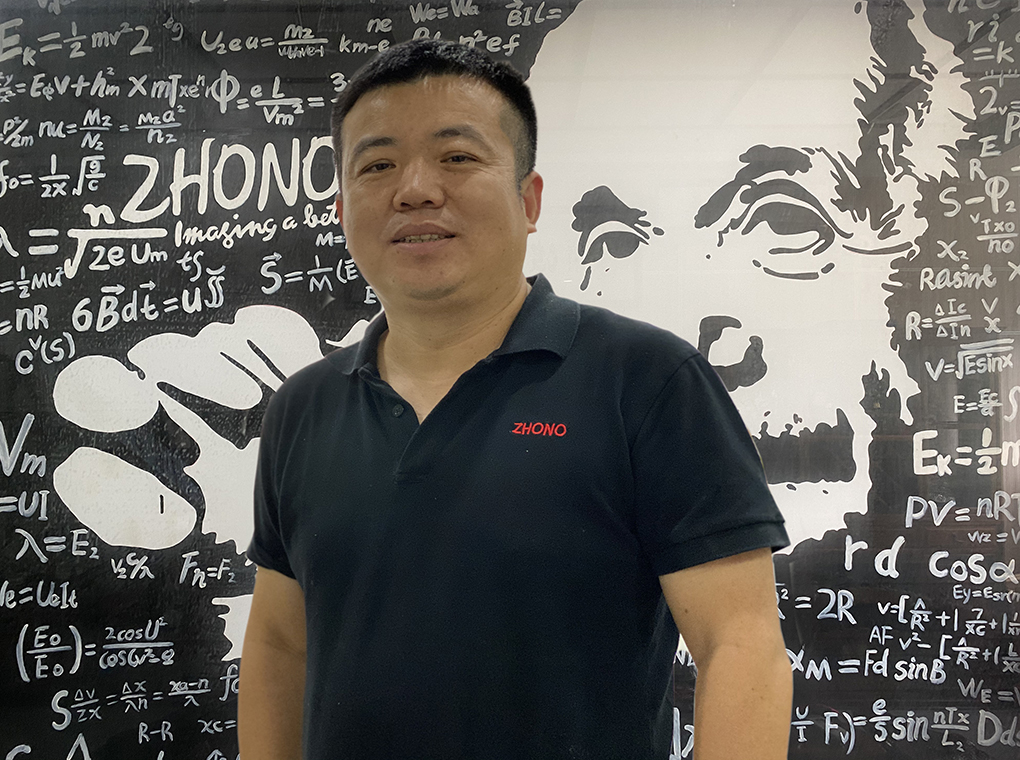
Einstein: Discovering the Impossible
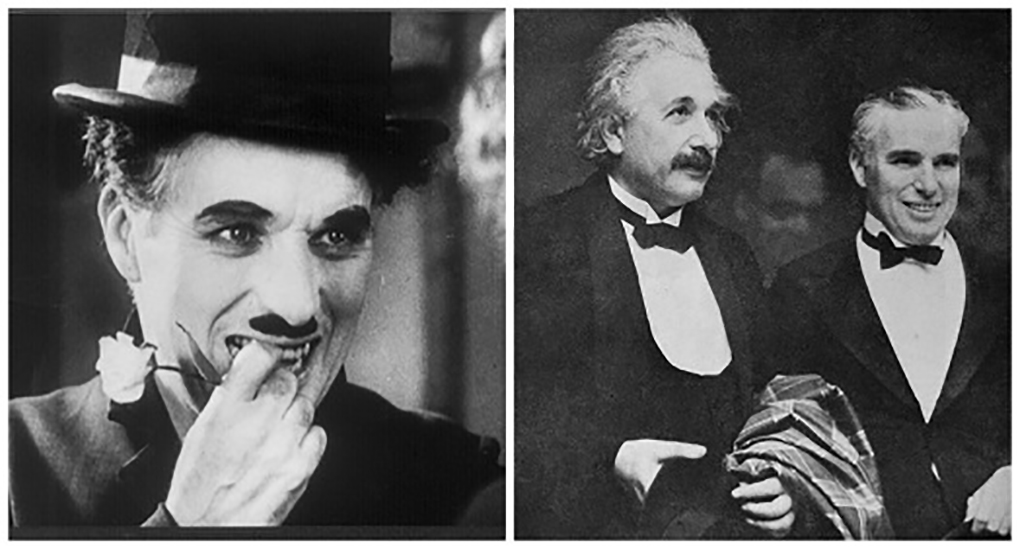 Albert Einstein admired Charlie Chaplin, a famous English comic actor in the era of silent film.
Albert Einstein admired Charlie Chaplin, a famous English comic actor in the era of silent film.
When they met in 1931, Einstein commented, “You don’t say a word, yet the world understands you!”
Chaplin’s witty reply came back quickly, “It is true. But your fame is even greater: the world admires you, even when nobody understands what you say.”
Not many of us, if we are honest, can explain the theory of relativity nor the E=mc2 formula he became so famous for. However, his diligence and determination to attain the “impossibles” in life are what has attracted the likes of the founding CEO of Zhono—Jack Wang (pictured at the top in front of his Einstein wall).
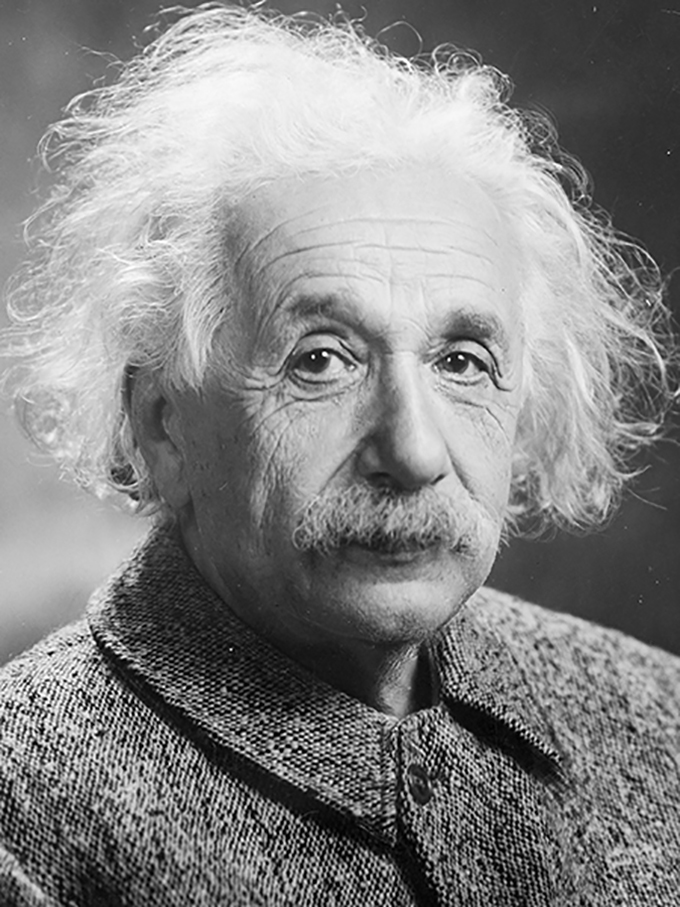 Life wasn’t always easy for Einstein. He was born in Ulm, Germany on March 14, 1879, with a fat, mis-shaped head and his mother and grandmother feared he was deformed. Young Albert struggled to speak fluently until the age of four.
Life wasn’t always easy for Einstein. He was born in Ulm, Germany on March 14, 1879, with a fat, mis-shaped head and his mother and grandmother feared he was deformed. Young Albert struggled to speak fluently until the age of four.
At the age of five, however, his young mind was fascinated by the way the magnets moved inside a pocket compass given to him by his father. He wondered what made the needlepoint in a certain direction and not anywhere else.
At the age of 16, he wrote his first scholarly paper inspired by his compass, which discussed the force of magnetism.
Some interesting facts about his incredible life, include:
- The parietal lobe of his brain was 15% larger than that of an average brain;
- His favorite scientist was Galileo Galilei;
- His teachers did not consider him a good student and refused to recommend him for further employment;
- He was extremely forgetful and would often leave his suitcase behind and could not keep track of his keys;
- He never learned to swim, but loved sailing throughout his life;
- He never wore socks;
- His famous formula E=mc2 made the 26-year-old, a star;
- He had to wait until 1921 to win The Nobel Prize in Physics—when he was 42.
 Eight secrets that inspired Zhono’s Jack Wang, have also made Einstein a role model for many wanting to achieve success in business—and not for scientists alone. They apply to all those who want their life to mean something, to be successful and become part of the 1% elite:
Eight secrets that inspired Zhono’s Jack Wang, have also made Einstein a role model for many wanting to achieve success in business—and not for scientists alone. They apply to all those who want their life to mean something, to be successful and become part of the 1% elite:
- Simplicity: When a ‘master’ wants to share something complex, that person will do it in a way that a six-year-old can understand. Simplicity is a key to success;
- Curiosity: Einstein inspired us to ask questions and look for reasons. A childlike curiosity opens the doors of imagination which leads to discoveries;
- Perseverance: Einstein said, “It’s not that I am so smart, it’s just that I stay with the problems longer.” You must not succumb so easily to failure during the toughest of times and dilemmas. Success will not elude you for long he would say;
- Focus: Einstein once mused, “If you are kissing while driving a car, you are not paying the right amount attention to the kiss.” You cannot multitask and be the best at all you do. Focus on what will bring you most success;
- Mistakes: Making a mistake is not wrong, not learning from it is. Einstein never hesitated to take risks out of a fear of making a mistake;
- Never be Repetitive: You cannot expect different results when you do the same things over and over again and you have to explore new ideas and strategies;
- Be Unconventional: Thinking rationally is good, but sometimes you must break out and be unconventional like Einstein whose thinking was not like others. Be brave and use your actions to make yourself distinct and stand out;
- Imagination: If you are eyeing a better world for tomorrow, your imagination is the door to discoveries and ideas, but you must exercise it to turn it into reality.
Imagination. The eighth point on the list. Einstein thought it was the most important ingredient. “Imagination is more important than knowledge,” he said. “Knowledge is limited. Imagination encircles the world.”
It seems he was a poet as well! ■
*This article, “Einstein: Discovering the Impossible,” is also published on pages 14 of RT ImagingWorld magazine which can be downloaded for free.
 David Gibbons has 45 years of experience, knowledge and skills in business (management, consultancy, strategic planning) and communication (teaching, event management, fundraising, journalism, broadcasting and new/digital media—social, website, app development). He started and ran a successful cartridge remanufacturing business in Sydney and was also the Executive Officer of the Australasian Cartridge Remanufacturers’ Association for 7 years.
David Gibbons has 45 years of experience, knowledge and skills in business (management, consultancy, strategic planning) and communication (teaching, event management, fundraising, journalism, broadcasting and new/digital media—social, website, app development). He started and ran a successful cartridge remanufacturing business in Sydney and was also the Executive Officer of the Australasian Cartridge Remanufacturers’ Association for 7 years.
In 2011, Gibbons relocated to RT Media in Zhuhai, China where he has been a director responsible for strategic planning, senior management, event planning, marketing, broadcasting and magazine publishing on behalf of the global imaging supplies industry. He is certainly aware of the challenges of remanufacturing in China.
His other blogs include:
- Einstein: Discovering the Impossible
- Defending OEM Brands Globally
- Coming of Age Determines What Happens Next
- Mito Queen of Color Shares Market Insights
- Eric Zhang Shares His Vision for Ninestar
- The Challenges of Remanufacturing in China
- Can the Chinese Really Deliver What the Rest of Us Want?
- Using Chip Technology to Control Consumer Choice and Markets
- 5 Quick Questions: Investing in Your Supply Chain
- Are You the Missing Link in the Industry Chain Berto Asks
- 6 Quick Questions: E-commerce and the New Normal: Interview with Aaron Leon
- Bike Courier Services Boom in China During Coronavirus
- Meeting the Market’s Changing Demands: SCC Responds
- Dealing with Printer Firmware Upgrades: Megain’s Wang Hua
- Best Position Ever – Serving Customers During an Economic Slowdown
- Where were you in 2019? Everything is About to Change
- A Misplaced Australian in China – a different world view
- Have you seen the news?
- To Be? Or Not to Be? … But that’s NOT the Question
- What the Dickens? Americans used to abuse IP rights too.

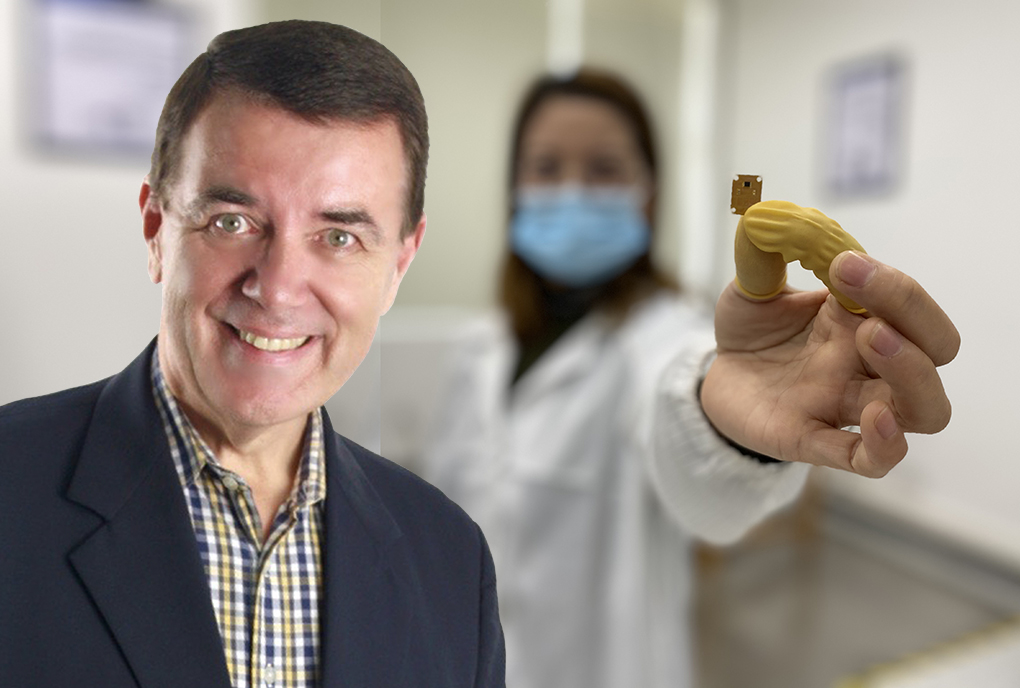
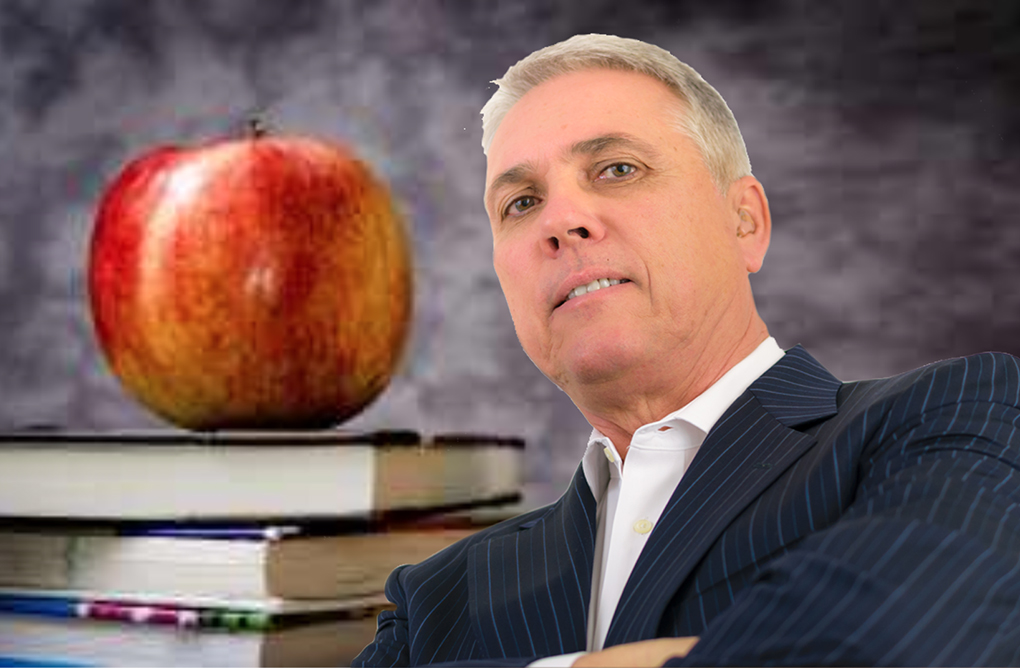


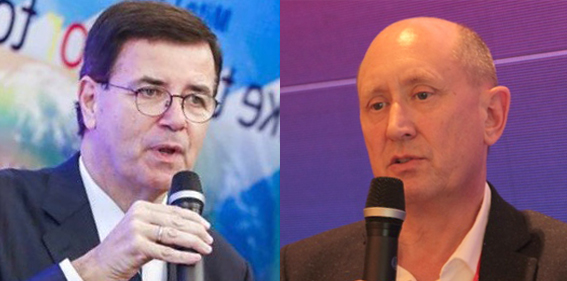
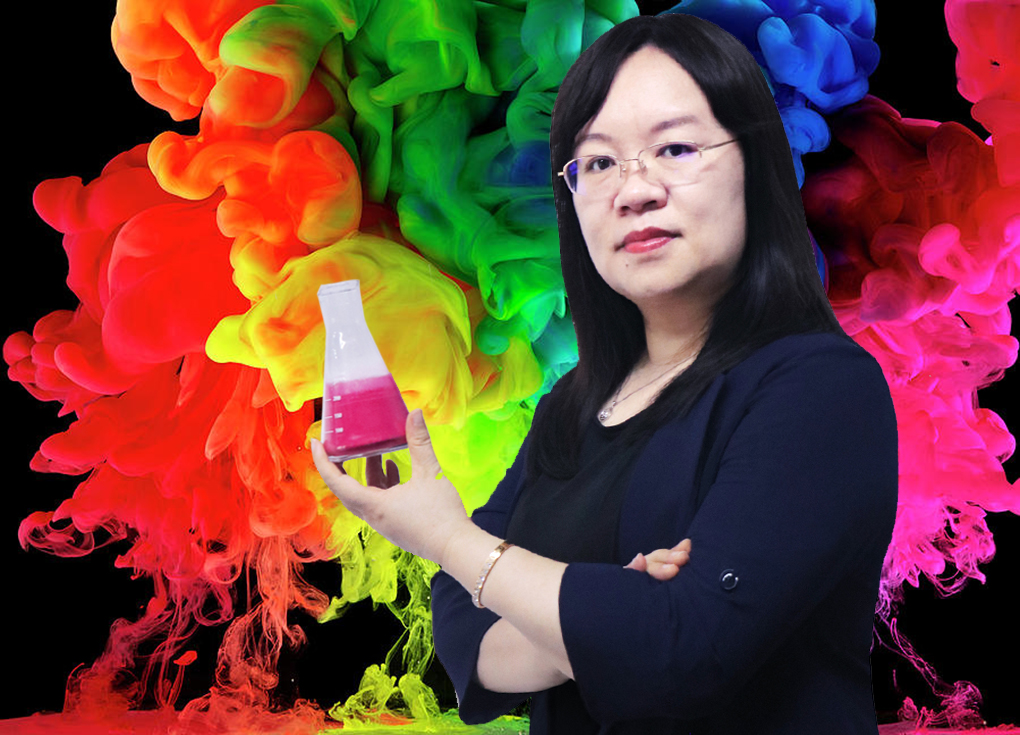


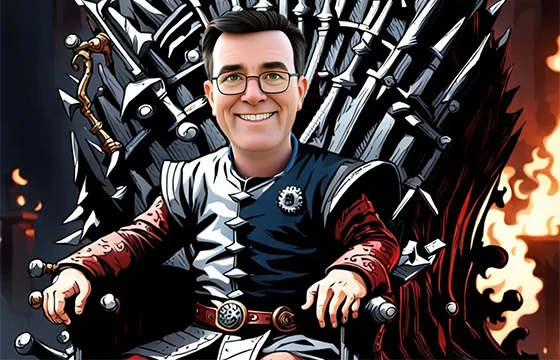


Leave a Comment
Want to join the discussion?Feel free to contribute!